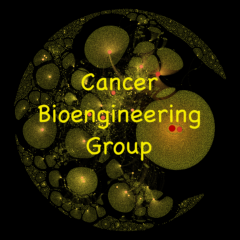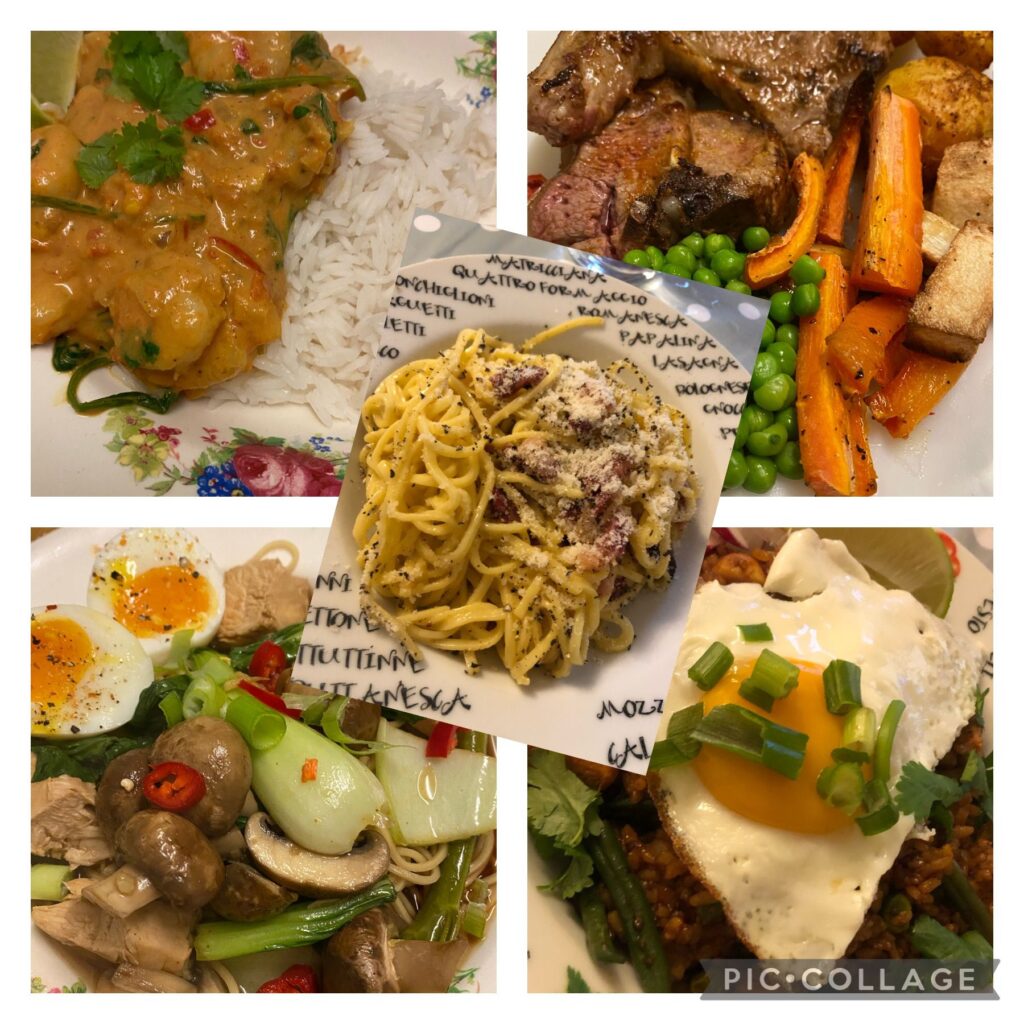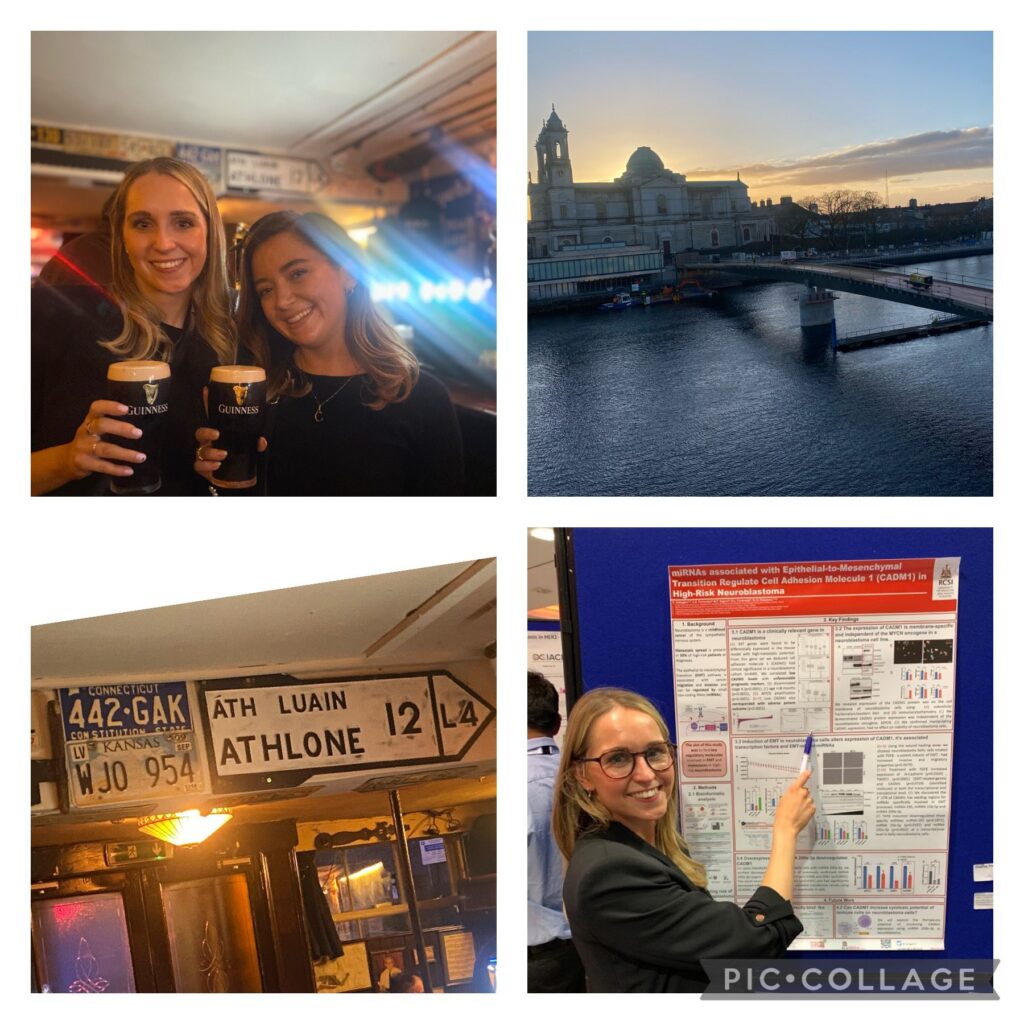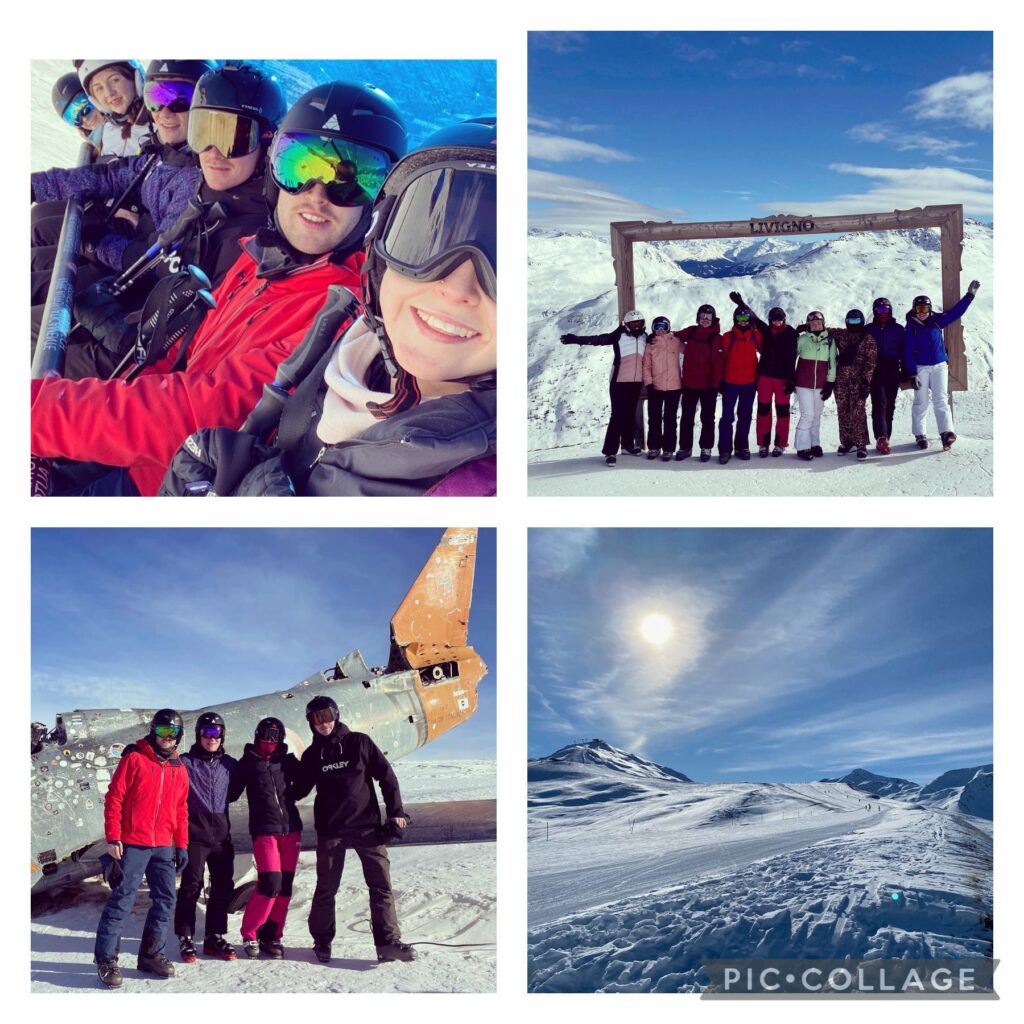Ellen here! It has been a while (almost 3 years, actually) since my last blog post and a lot has happened in the meantime. Life as a first-year PhD student is very different to life as a third-year student. Even writing this blog post has really opened my eyes to how much I have grown and developed, both personally and professionally. Don’t get me wrong, the past three years have been a rollercoaster of ups and downs, but having a supportive supervisor and a great group of friends around me in the lab has made the journey a lot easier.
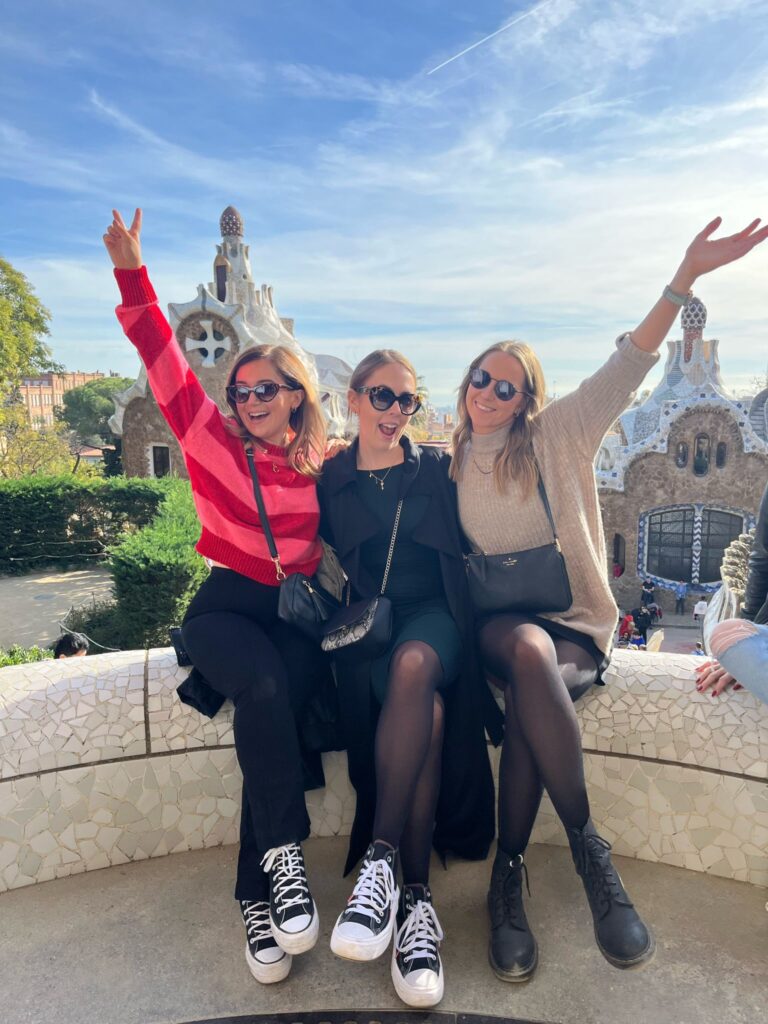
Everyone has their own “survival guide” for getting through a PhD, from daily walks in the fresh air to after-work downtime with friends. For me, taking “brain breaks” little and often has been my saving grace. I love to travel and experience new places and so, with a bit of planning and (a good bit of) saving, I have taken my “brain breaks” in a few new cities since starting my PhD. Seeing the world has always been a priority of mine, and I am very lucky that I have been able to keep this up during the last few years. Working hard and efficiently during the 9 to 5 makes taking a day or two off every-so-often possible.
Because I live in Ireland, I am fortunate to have most of Europe on my doorstep and thanks to Ryanair I can travel quite cheaply (we all know the miserable stipend saga). I have had a few travel firsts over the last few years with a few of these being trips to Spain. I travelled to Barcelona to visit Catherine, a fellow PhD student on secondment there. We visited Sagrada Familia and Parque Güell, some of Gaudi’s famous sites and made sure to take as many pictures as we could with all the pretty views.
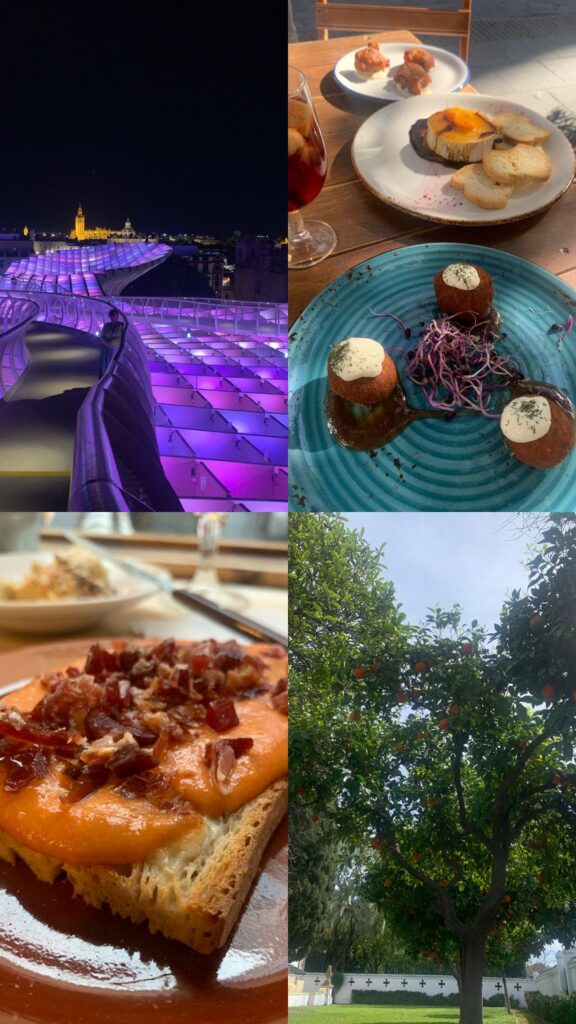
More recently, I visited Seville and was blown away. It is almost like a mini-Barcelona, with all of the great food, rich history and ancient architecture that Barcelona has but with the added charm of being much smaller and walkable. It was so surprising to know most locals don’t speak English at all and you can really feel the sense of community and pride that the Sevillians have in their culture. I visited Seville in the middle of the famous orange blossom season, and it was amazing to walk the streets with the constant perfume of oranges. They are quite big, though, and they do fall, so you have to be ready to dodge them every now and again.
Outside of Spain, I visited Milan for the first time, and I finally understood why people love Aperol Spritz (it just took having a very authentic Italian one to convince me). I visited the Duomo cathedral and ate the most amazing pasta and pizza (Dominos will never live up to the standards now), and as the fashion capital of the world, I got to “window-shop” at all the VERY expensive designer shops. Milan, as a city, has a very luxurious and expensive feel to it. When in reality it is very affordable and only a short flight from Dublin. 10/10 would recommend for an easy PhD “brain break”.
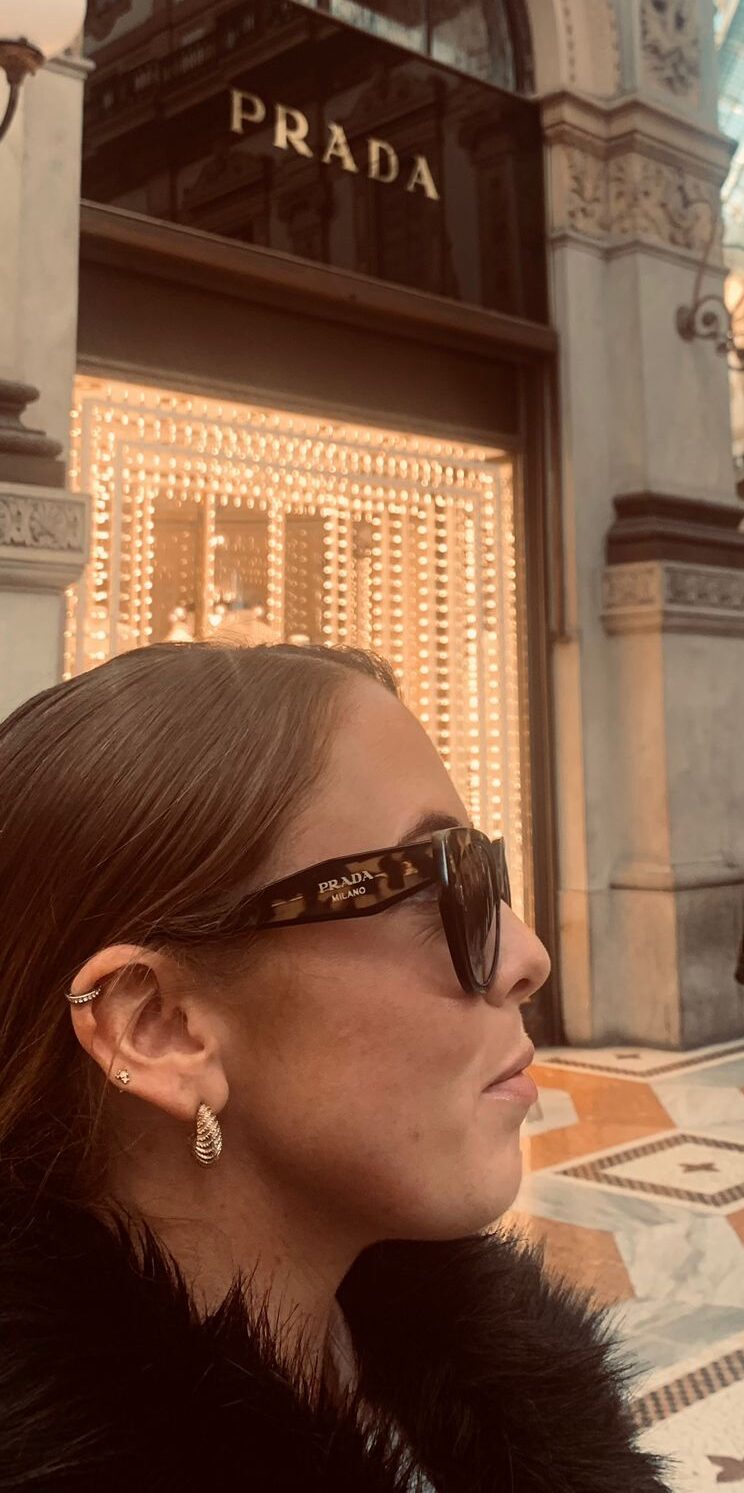
If I had to choose my favourite city that I have visited so far, I think it would have to be Seville. But there are plenty of others that would give it a run for it’s money. Corfu, Vilamoura and Dubrovnik to name a few.
A PhD is a marathon, not a sprint! Taking a day or two off to see these parts of the world has been the best way for me to stay productive over the past 3 years. Most of us have spent the majority of our 20s in school or college and choosing to do a PhD adds another layer (and another 3 or 4 years) to that education. For me, it was important to come to the end of my 20s with a jam-packed thesis but also a jam-packed camera roll filled with my travel memories. At the end of the day, a PhD is not all-consuming and life must go on outside of the “lab bubble”. It is possible to do both and have a lot of fun along the way.
Written by Ellen King
